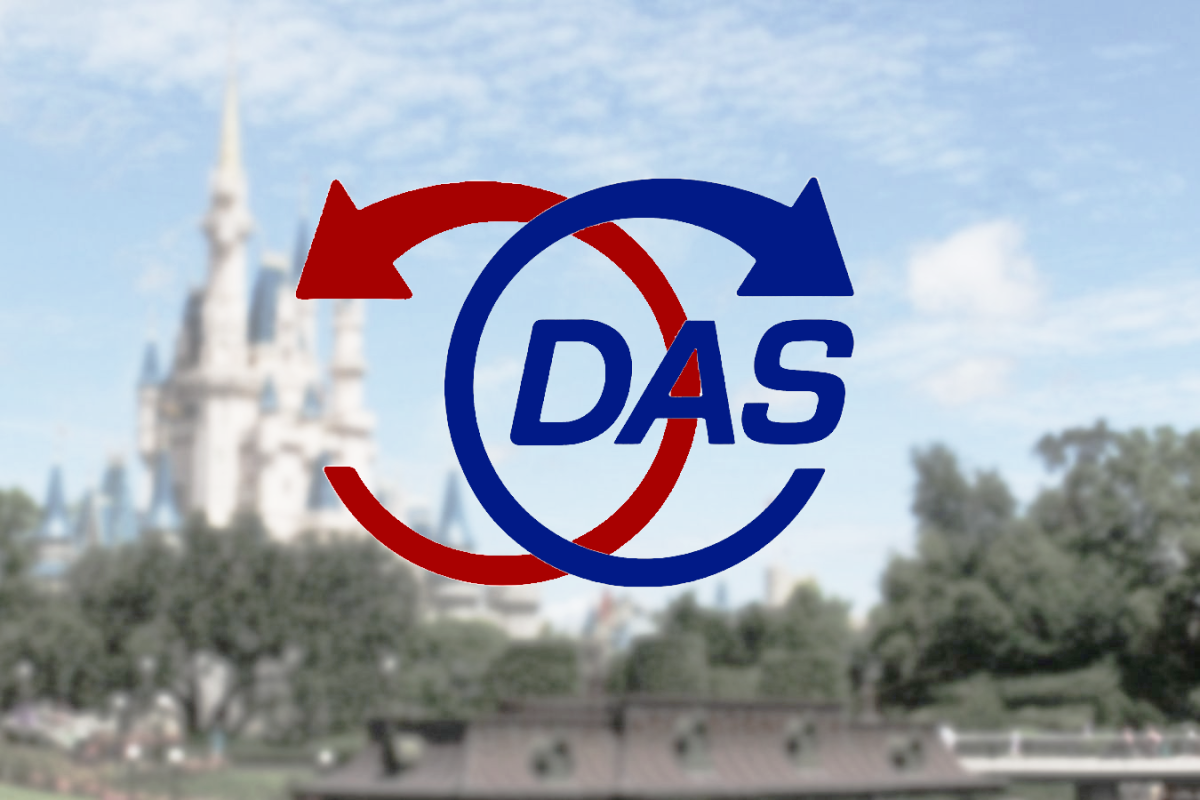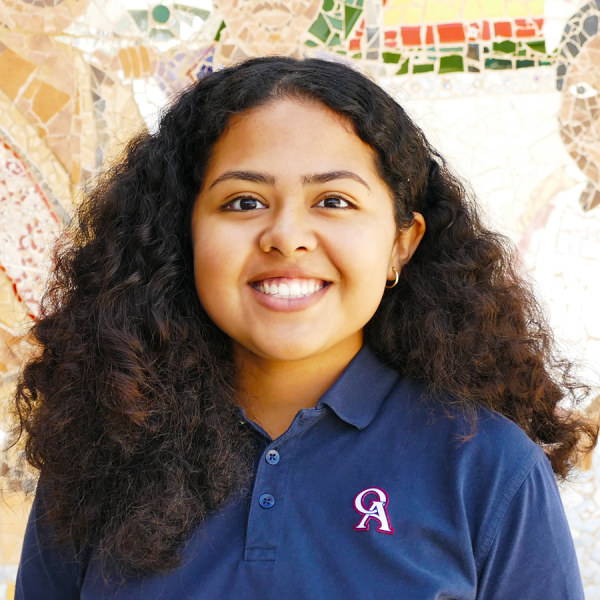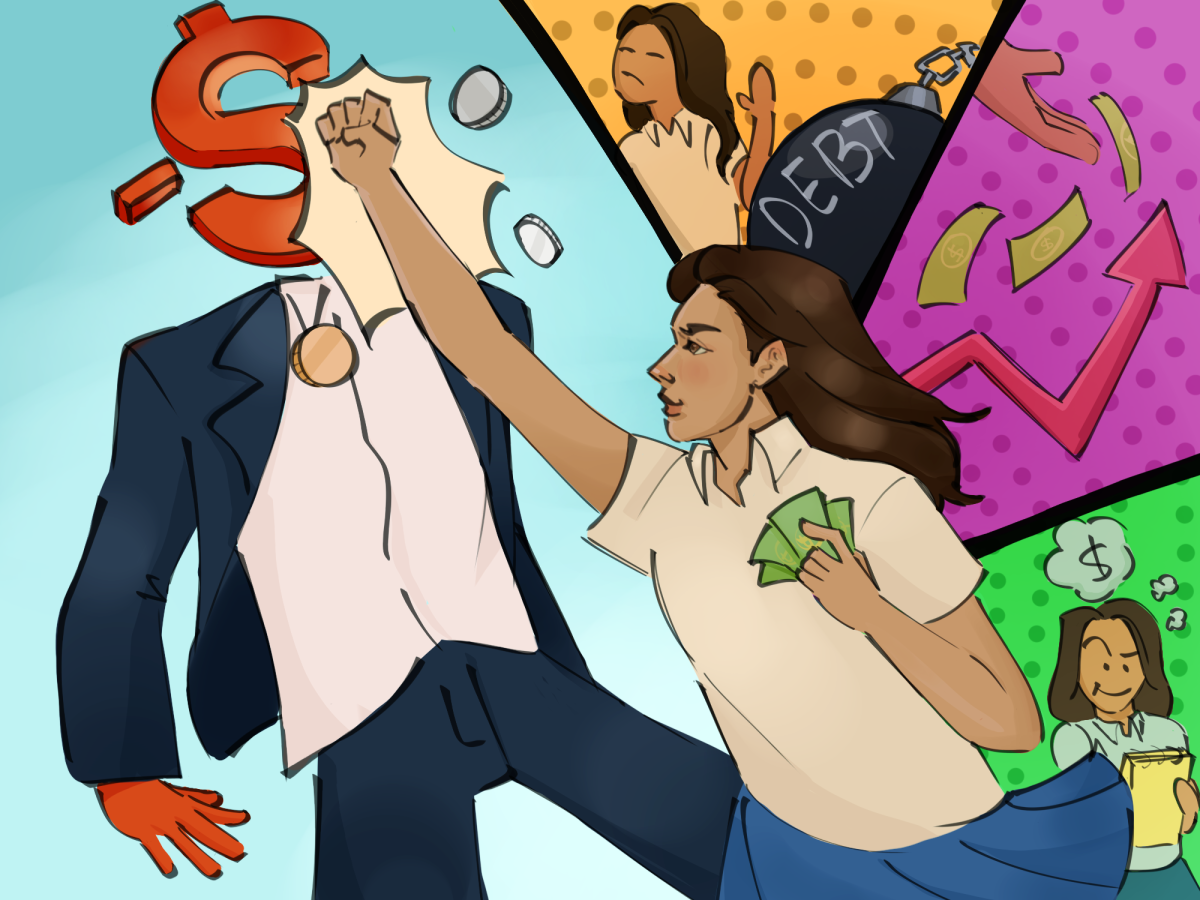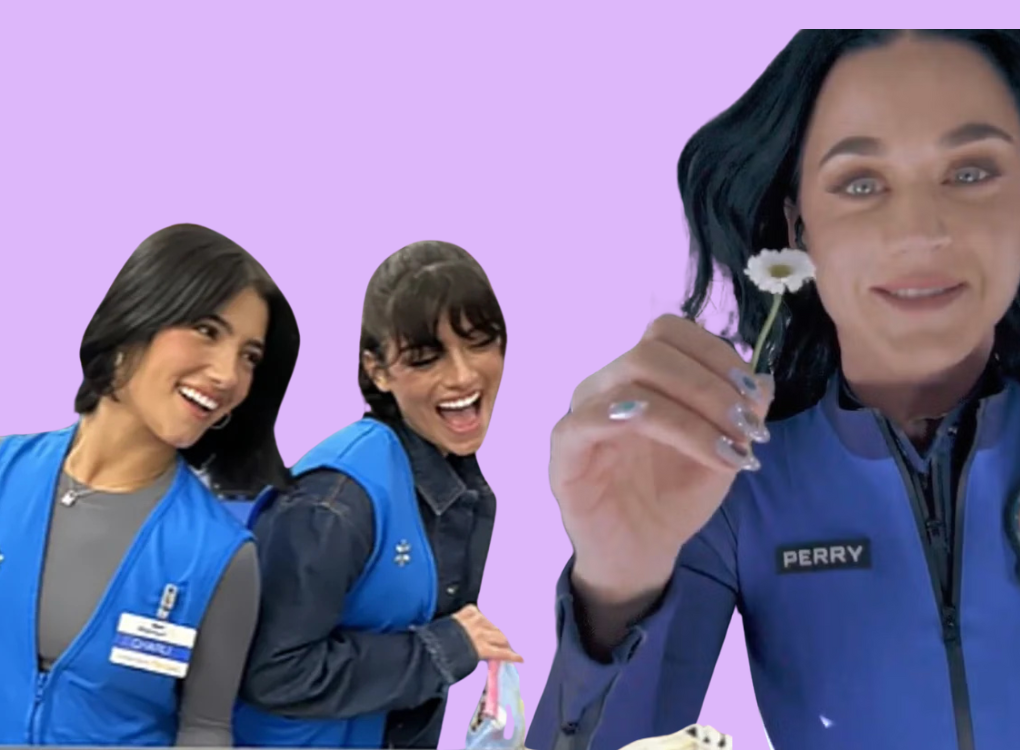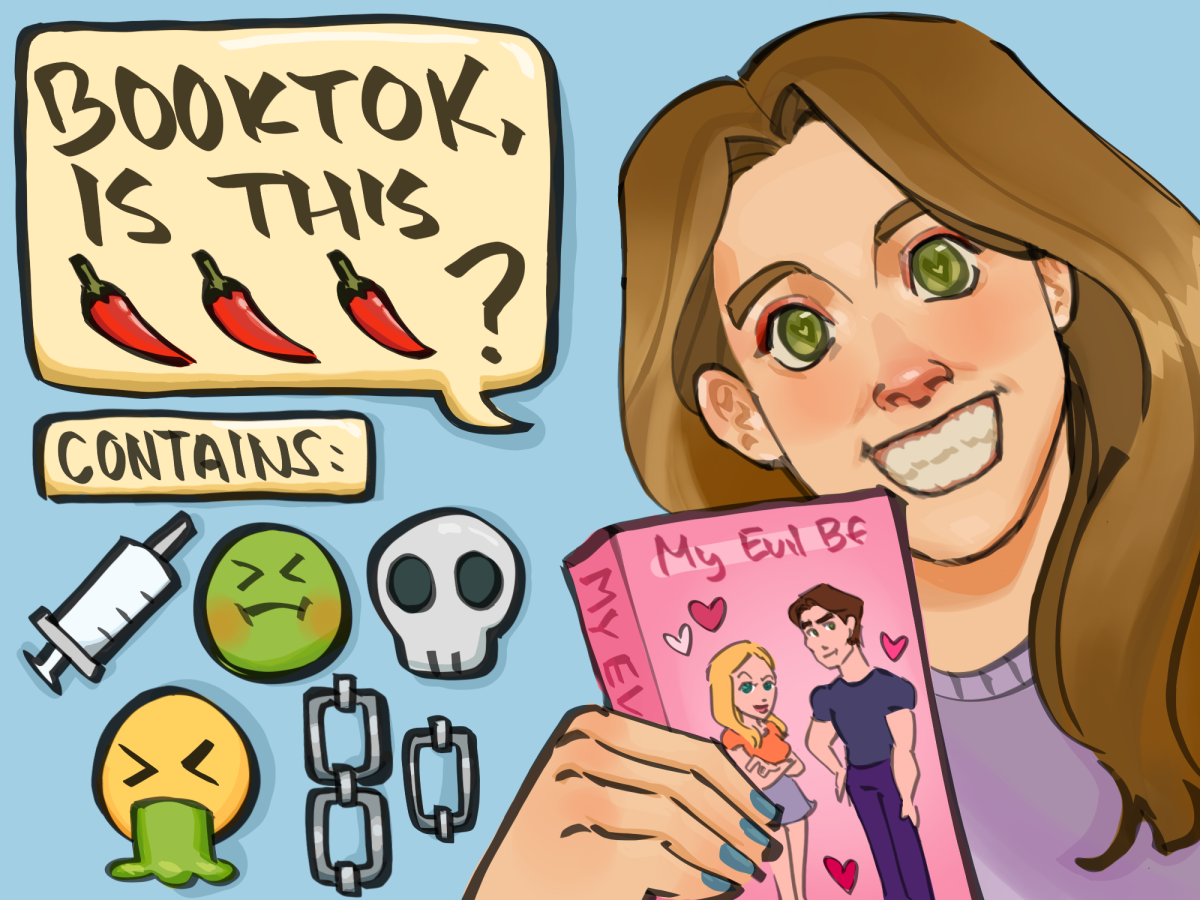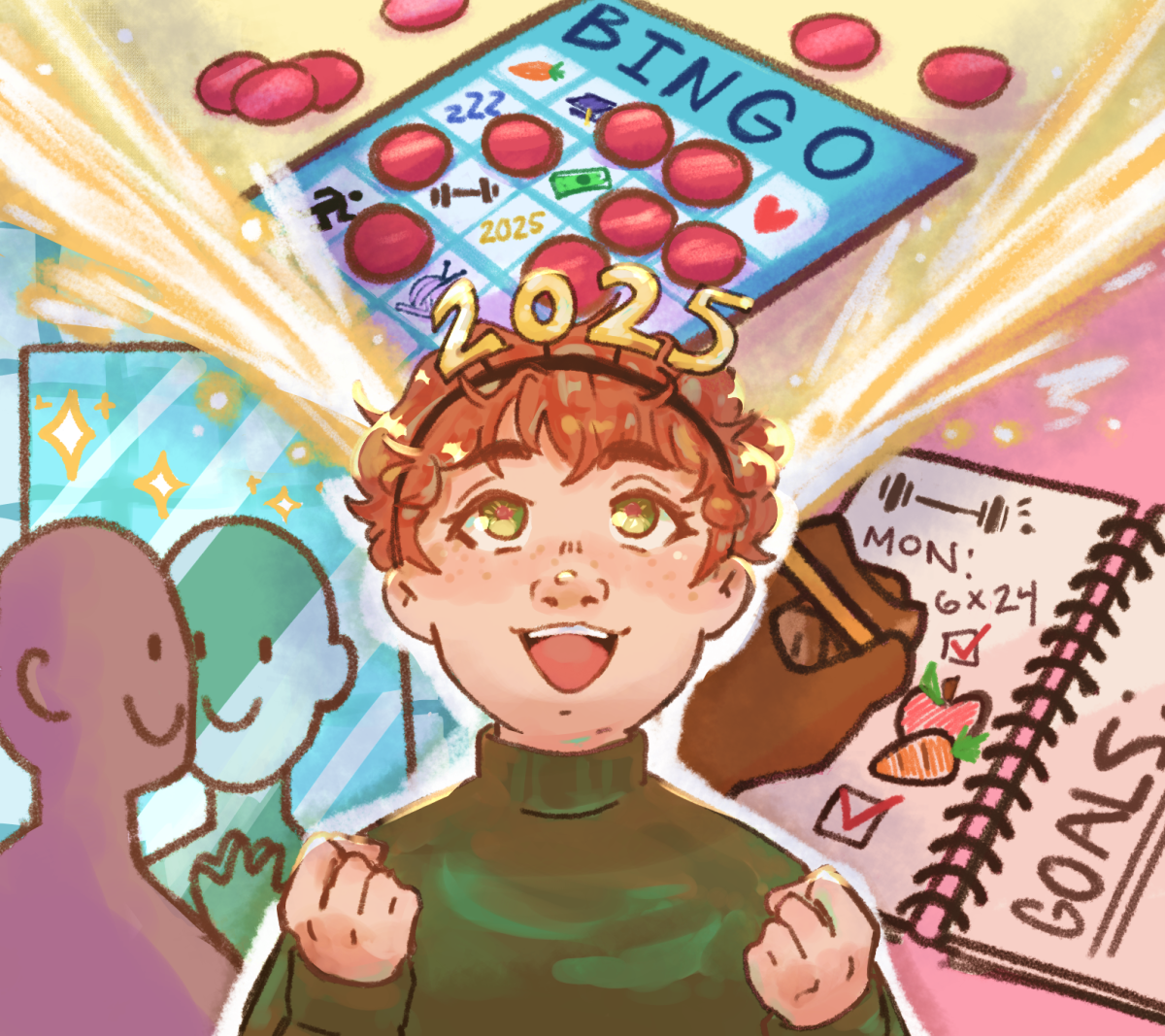Disney goers are left suffering from the now limited reach of the Disability Access Service (DAS) pass due to new policy changes since June 18. The pass once included mobility, mental, and physical impairments but now restricts the pass to certain developmental disabilities. Disneyland takes steps backward with the alterations, prioritizing revenue and dampening the magical experience advertised.
The DAS pass allows users to wait for rides in more comfortable places depending on their disability. While the application process remains similar, the outcomes certainly have changed.
DAS pass eligibility is decided in an interview conducted by a trained cast member. Despite loose criteria, particularly the extent to which a disability impedes one’s ability to wait in a traditional line, the flawed system isn’t concrete enough to weed out faulty conclusions. Even autistic people, who fall under the accepted umbrella, are sometimes turned away.
Many report feeling ignored during interviews, frustrated at having to prove the authenticity of their struggles. It’s incredibly degrading to force visitors to campaign for themselves when such accommodations should be easily accessible.
A similar program to DAS is the Lightning Lane Pass, offered by Disney at an additional cost, allowing people to book a spot for a large attraction in advance. This pass is meant to serve all guests and mitigate DAS misuse. That being said, many people with disabilities may need to turn to these options after DAS rejections. For these attendees, having DAS wasn’t a luxury, but a tool that made navigating and attending Disney possible.
Disney claims to have modified its policies after various misconduct. Influencers openly bragged about their unethical usage of it online, even prompting others to follow. DAS usage also tripled from 2019 to 2024, raising concerns among Disney officials. However, these new restrictions turn away the people who need it most instead of punishing the abusers. Now, conditions like Narcolepsy — which makes people vulnerable to suddenly fall asleep — among others, do not qualify for the pass even though they clearly need these accommodations.
Disney spoils the magic for people in need, losing sight of their self proclaimed humanistic approach to their parks with the DAS updates. Disneyland should instead follow the example of amusement parks such as Universal Studios, which have a documentation-requiring third party to handle decisions, the International Board of Credentialing and Continuing Education Standards with their Accessibility Card. The documentation requirement not only makes it difficult for people to abuse the system, but also isn’t invasively interrogative to disabled people.
With one simple change, Disney could adjust their exclusive, isolating, and money-prioritizing system to instead prioritize their guests’ experience over financial reapings. A petition against the new changes stands at about 35,000 signatures, and could be the next step in rekindling the reputed Disney magic.
























































